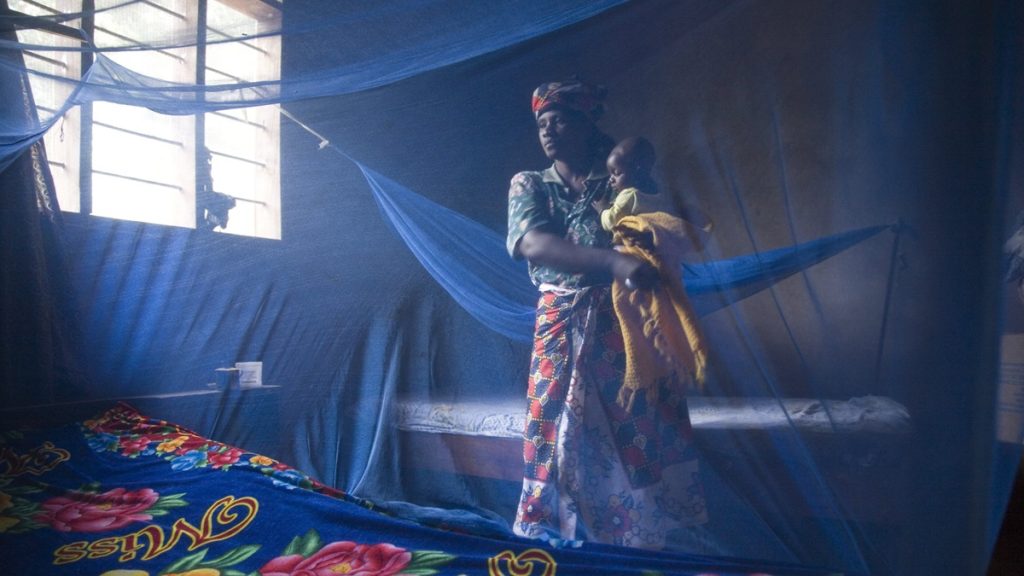In the global fight against malaria, Tanzania stands as a beacon of hope and innovation. With a significant portion of its population at risk, the country has embarked on a multifaceted approach to combat this deadly disease. This article delves deep into Tanzania’s strategies, their outcomes, and the challenges faced, catering to both experts in the field and general readers.
Malaria, caused by the Plasmodium parasite and transmitted through the bite of infected Anopheles mosquitoes, has long plagued Tanzania. The country’s tropical climate and vast rural areas provide an ideal breeding ground for these vectors. The disease poses a health risk and hampers economic growth, given the medical costs and loss of productivity it incurs.
Malaria’s toll on sub-Saharan Africa is staggering. The World Health Organization reports that over 430,000 people succumb to the disease annually, with children being the most vulnerable. A staggering 90% of these deaths occur in sub-Saharan Africa. In Tanzania alone, malaria claims the lives of 70,000 individuals each year.
At a malaria awards ceremony and press conference held at the African Union Summit 2023, the African Leaders Malaria Alliance (ALMA) received a call to action led by the RBM Partnership to End Malaria, urging African and world leaders to do more to protect expectant mothers and babies from malaria.
A book with an open letter and more than 1,000 signatures was handed over to the Executive Secretary of ALMA at a media briefing and malaria awards ceremony at the 2023 African Union Summit.
The letter, which called on decision-makers to prioritize pregnant women and newborns in the response to malaria, included signatures from 43 countries and more than 300 organizations in Africa. Pregnant women and newborns are particularly vulnerable to malaria infection.
Unfortunately, they often face gaps in malaria services. Last year, only one in three eligible pregnant women across sub-Saharan Africa received the full course of preventive antimalarial treatment as recommended by the World Health Organization. Also known as IPTp with quality-assured SP, this is a simple and cost-effective solution against malaria that saves the lives of mothers and babies.
While uptake has improved in the last decade, coverage has remained low compared to other malaria-control interventions and falls short of global targets.
A blend of traditional methods and innovative solutions characterizes Tanzania’s fight against malaria:
- Insecticide-Treated Nets (ITNs): Distributing ITNs, especially to vulnerable groups like pregnant women and children, has been a cornerstone strategy. These nets are often provided at subsidized rates or free of charge.
- Indoor Residual Spraying (IRS): Spraying the inner walls of homes with insecticides helps kill mosquitoes and reduce their lifespan, interrupting the transmission cycle.
- Larval Source Management: By identifying and treating mosquito breeding sites, mosquito larvae growth can be curtailed.
- Rapid Diagnostic Tests (RDTs) and Artemisinin-based Combination Therapies (ACTs): Ensuring quick diagnosis and effective treatment has been pivotal in reducing malaria-related mortality.
- Community Engagement: Grassroots initiatives, like community health workers, play a crucial role in educating communities, distributing nets, and ensuring early treatment.
- The use of drones: In the picturesque Tanzanian archipelago of Zanzibar, drones are on a life-saving mission. Flying over the vast rice paddies, these drones are not capturing breathtaking aerial shots. Still, they are instead on a medical mission to combat malaria, a disease that has plagued the region.
While Tanzania has made significant strides, challenges persist:
- Resistance: Both mosquitoes and the Plasmodium parasite are developing resistance to insecticides and drugs, respectively.
- Funding Gaps: While international aid has been instrumental, consistent funding for malaria programs remains challenging.
- Geographical and Cultural Barriers: Remote areas, often with limited healthcare infrastructure and cultural beliefs, can hinder the effective implementation of malaria control strategies.
Tanzania needs a comprehensive approach to sustain and build upon the gains made. Research and development: investing in research can lead to the discovery of new drugs, better diagnostic tools, and more effective insecticides. Collaboration and partnerships with international organizations, NGOs, and the private sector can bolster efforts through funding, expertise, and resources.
Public awareness campaigns, continuous education, and awareness campaigns can ensure community participation and adherence to preventive measures.
Tanzania’s journey in combating malaria is a testament to its resilience, innovation, and commitment. While challenges remain, the nation’s multi-pronged approach offers hope and lessons for other malaria-endemic regions.
Tanzania showcases the power of collective action, innovation, and the indomitable human spirit for experts dissecting the intricacies and general readers keen on understanding the broader narrative. The road ahead may be long, but with continued efforts, a malaria-free Tanzania is a vision within reach.

